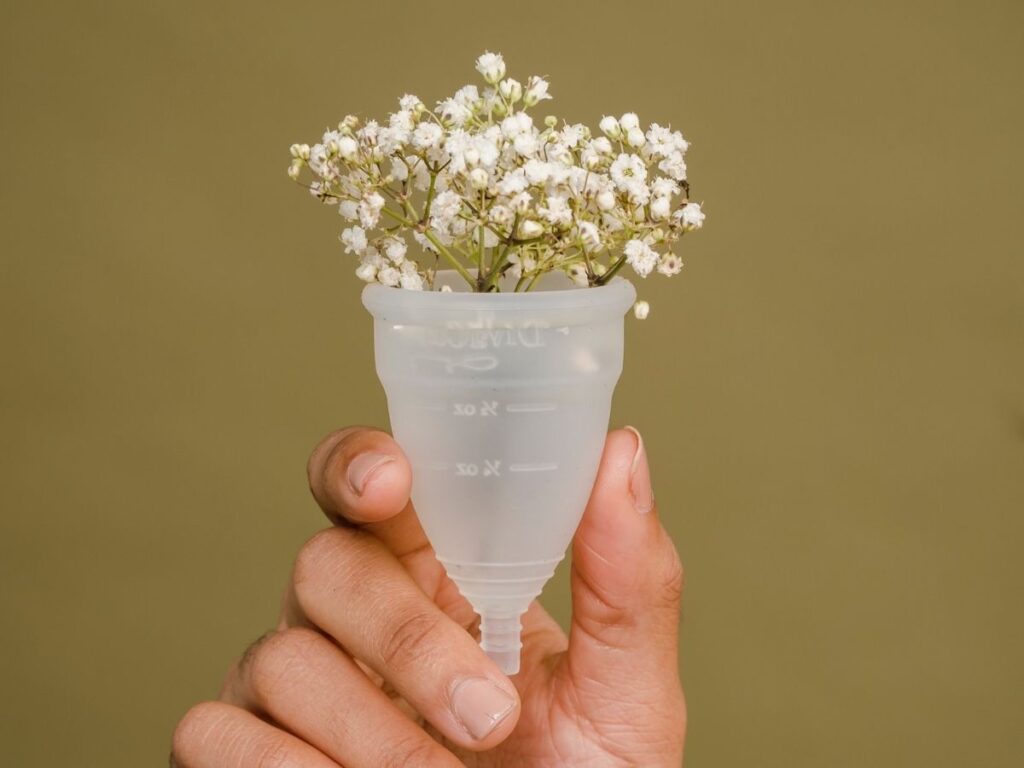10 Tips for Women to Support Urogenital Health
Naturopath Amy is passionate about supporting women’s urogenital health and works with both acute and chronic complex cases alike. Here are her top 10 tips for women to support urogenital health.
1. Let yourself Breathe
Opt for breathable cotton underpants, preferably organic.
Wash underwear and clothes in natural gentle laundry powders without synthetic fragrances.
Avoid tight pants and underwear to avoid friction and excessive heat.
Wear breathable pyjamas and avoid wearing underpants at night.
Shower and change out of exercise gear when you’re finished exercising. Avoid wearing sports leggings all day, especially those made from synthetic materials. There are some great cotton & bamboo leggings available so consider these instead.

2. Minimise Chemical Exposure
Opt for certified organic pads & tampons if using these – to avoid potentially harmful additives/residues such as pesticides & dioxins. Avoid wearing tampons overnight to reduce the risk of toxic shock syndrome – use pads or period underwear instead. For a more environmentally friendly choice go for reusable cloth pads, period underwear or a menstrual cup. Regular sanitising of your menstrual cup is essential, and it is best to have at least 2 on hand so that you can swap to a fresh one midway during your period.

3. Protect your Hormones
Avoid heating & storing foods in plastic and use a glass or stainless steel water bottle. Minimising plastic use helps to reduce exposure to endocrine disrupting xenoestrogens like bisphenols. Xenoestrogens may interfere with estrogen balance, which may in turn disrupt the vaginal microbiota.
4. Nurture with Nature
If you use lubricant ensure that it is a natural pH balanced one with optimal osmolality such as the Yes brand. Water based is generally suitable to use with condoms, whereas oil based ones are not, so ensure you get the right type for your requirements that don’t interfere with barrier contraceptives.
5. Keep your Balance
Maintain your naturally acidic pH – avoid soap or body washes on the vulva, just clean with warm water. Most soap has an alkaline pH (not to mention fragrances and other undesirables!) which is not supportive to your more acidic pH or microbial balance.

6. Ditch the Douche
Avoid douching as this can disturb the vaginal pH and microbiome, and may lead to increased risk of bacterial vaginosis.
7. Eat for Balance
Healthy hormone and gut microbiota balance play an important role in women’s urogenital health. To support optimal balance ensure that you stay well hydrated and eat a diet that is high in organic plant foods and fibre that contains a rainbow spectrum of colours. Include nuts, seeds, legumes, wholegrains, oily fish, fermented foods and prebiotic like foods such as garlic, onions, leeks, cooked cooled potatoes & legumes for resistant starch, polyphenols high in red and purple plant foods, green tea and cacao.
8. Be Informed
If you are considering using an oral contraceptive pill or IUD (intrauterine device), ensure that you have all of the facts in terms of how they may affect your urogenital health prior to making your decision. This is especially important in the case of a previous history of recurrent thrush or bacterial vaginosis.
9. Be Safe
Practice safe sex and ensure that you get regular STI checks with your GP or Sexual health clinic. Unfortunately STI’s are on the rise, with some STI’s being asymptomatic but potentially leading to long term health issues, regular sexual health screening in sexually active people is a must.

10. Be Proactive
If you are experiencing urogenital symptoms such as unusual discharge, itching, pain, burning, dryness, painful urination or sex, non-menstrual bleeding or odour get it checked out with your GP or Sexual Health clinic promptly.
Naturopath Amy is passionate about supporting women’s urogenital health and works with both acute and chronic complex cases alike. Education and preventative strategies form an integral part of her approach to helping women, alongside safe, effective therapies designed to minimise microbiome disruptions and support recovery. For further information or to book a consultation with Naturopath Amy, contact the clinic on 03 5977 0117 or book online.
This article is intended to be informational only and represents the opinion of the author. It is not intended to be used as medical advice and does not take the place of advice from a qualified health care practitioner in a clinical setting. Please check with your healthcare practitioner before embarking upon any of the treatments discussed.

